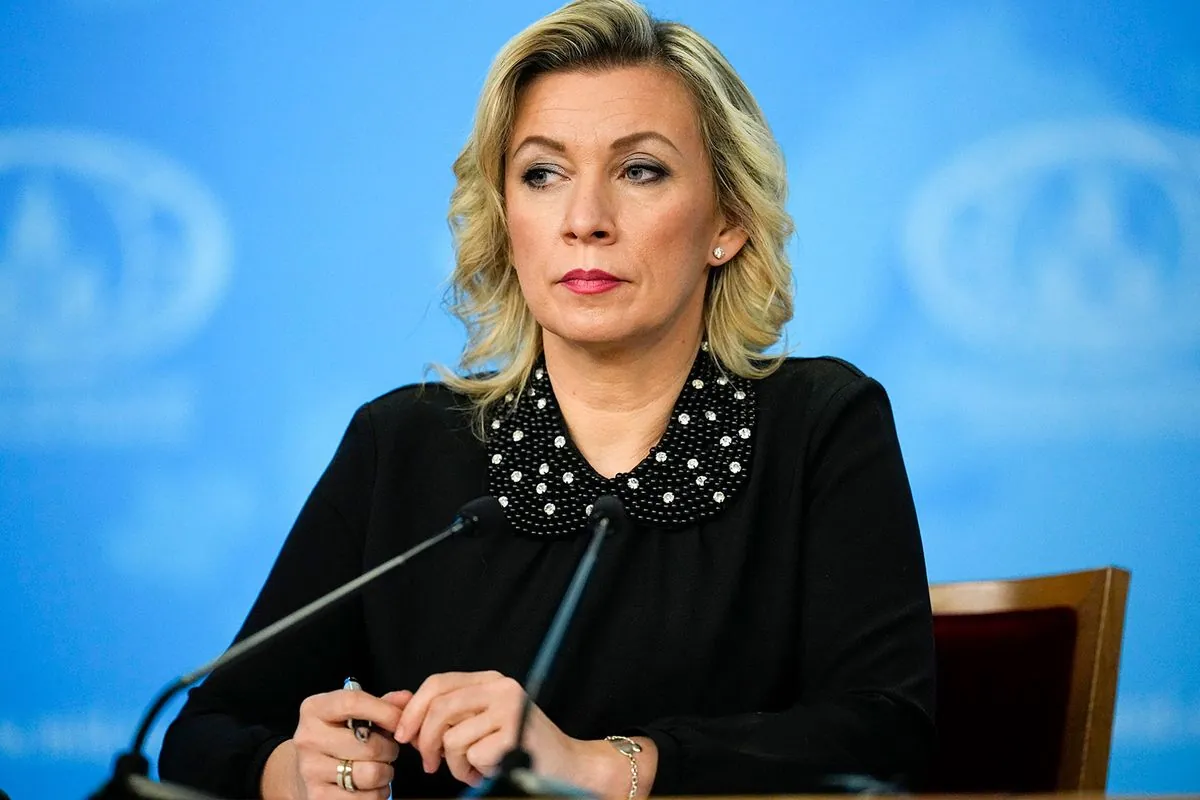Russia Rebuffs US Claims on Arctic Tensions and China Collaboration
Russia dismisses Pentagon report on Arctic tensions and China cooperation. Moscow accuses US of escalating regional conflicts and meddling in Arctic affairs, rejecting claims of destabilizing collaboration.

In a recent development, Russia has strongly refuted allegations from the United States regarding tensions in the Arctic region and its collaboration with China. The response comes in the wake of a Pentagon report released earlier this month, which highlighted concerns about the increasing cooperation between Russia and China in the Arctic.
Maria Zakharova, the spokesperson for the Russian Foreign Ministry, addressed reporters in Moscow, stating that the US document aims to escalate military and political tensions in the region. She emphasized that Russian-Chinese cooperation is not directed against any third country and criticized the US for what she termed "shameless meddling" in Arctic states' affairs.
The Arctic, covering about 8% of Earth's surface, has become a focal point of international interest due to its strategic importance and vast natural resources. The region contains approximately 13% of the world's undiscovered oil reserves and significant deposits of rare earth elements crucial for modern technology.
Zakharova pointed out that the updated Pentagon strategy, adopted shortly after the recent NATO summit in Washington, indicates that US approaches to the Arctic are dominated by forceful scenarios to ensure its interests. This statement underscores the growing geopolitical tensions in the region.
The Kremlin had previously commented on the Pentagon report, noting that some of its contents had a confrontational tone. This aligns with Russia's broader stance on Arctic affairs, where it holds a significant advantage with the longest Arctic coastline of any country.
"The document is clearly aimed at escalating military and political tensions in the region."
It's worth noting that the Arctic has been experiencing rapid changes due to climate change, with the region warming twice as fast as the global average. This has led to increased accessibility of shipping routes and natural resources, further intensifying international interest and potential conflicts.
The Arctic Council, established in 1996 to promote cooperation among Arctic states, faces challenges in maintaining regional stability amidst these growing tensions. As the situation evolves, the international community continues to monitor developments in this crucial and environmentally sensitive region.


































